BETTER TIMES: In the past UHNIs/promoters would have been cautious about buying distress assets due to the litigation worries and regulatory roadblocks
Thanks to the Insolvency and Bankruptcy Code (IBC) and resolution via the National Company Law Tribunal, it has become easier for the super-rich looking to directly buy stressed assets.
These mechanisms have helped streamline the process and made it more transparent for investors. What is aiding faster resolution is that most banks are facing non-performing asset issues and would be happy to get rid of these assets so that they can shore up their profit and loss account.
According to IBC data, in the July to September quarter of this fiscal, financial creditors realised a total of Rs 10,617.32 crore from 18 stressed companies.
According to Prateek Pant, head - product and solutions and co-founder of Sanctum Wealth Management, ultra high net-worth individuals (UHNIs) looking to buy stressed assets are typically looking to expand their own business and look for an asset that is a strategic fit or complements their existing business.
"There have been different regulations in the past but those have not necessarily had the kind of impact. The issues have been - How do you determine a certain structure for doing resolution and settlement, which is legally binding on everybody involved. How do you get everyone into the common platform? Now the whole IBC process through NCLT has actually simplified this,'' Pant said.
Why investing in stressed assets is attractive?
The advantages of bidding through the NCLT is that it is a transparent process, with legal backing to pick up distressed assets at an attractive valuations in a time-bound manner. In the past UHNIs/promoters would have been cautious about buying distress assets due to the litigation worries and regulatory roadblocks.
If you are in the lines of businesses where you are looking to expand your capacity rather than doing something as a greenfield project, here you may have an attractive asset which is under stress due to unsustainable leverage that can be acquired at a discounted value. It may be possible for investors to get assets at 60% discount to book value, say experts.
While the UHNI bidder may have to invest more capital or renegotiate some terms with suppliers and dealers, these things are known upfront and the bidder takes that into calculation while bidding for it.
"But it still works out a lot more productive because you could be getting added capacity or new product lines at attractive valuation in a transparent and clean process. It becomes revenue effective from day one unlike a greenfield project,'' Pant said.
With the IBC, the credit culture in the country has undergone a phenomenal change and rights of creditors have been clearly established, said Anshu Kapoor, head of global wealth management, Edelweiss Financial Services.
It has made it easier for UHNIs looking to invest in stressed asset funds as well as those looking to pick up a direct equity stake in stressed assets. With IBC, rights and powers of creditors are clearly earmarked.
"Investing in a financial product that will further invest in stressed assets would not have happened in a large manner if you did not have the robust mechanism of IBC. Some of the large bids that have come in the NCLT have come from groups backed by UHNI founders or promoters in these areas. It could be an allied sector, it could be a sector where they want to get into or a region they want to get into. Many of the bids are coming from promoters or owner groups that are in that sector,'' Kapoor said
Stressed asset funds v/s direct equity:
While investing in a stressed asset fund the investor goes by the quality of the team managing the fund, their track record, how many assets have they earlier taken over, how many have turned around, how many they have exited, how big is the fund, what is the sponsor commitment in the fund. While investing directly, investors have to stitch together all these capabilities. They also have to deal with regulatory aspects and people working in those companies.
Also, while investing in a fund, the investor does not get control of any asset or an opportunity to expand the business. The fund manager buys the asset at the right price, turns it around or disposes of the asset and in the process make financial returns for the investors. It is purely a financial investment, Kapoor said.
BIG BUCKS FLOWING IN
- Rs 10,617.32 crore - Financial creditors realised from 18 stressed companies in the July to September quarter of this fiscal
- What is aiding faster resolution is that most banks are facing non-performing asset issues and would be happy to get rid of these assets so that they can shore up their profit and loss account
![submenu-img]() India's first horror comedy came years before Stree, Bhediya, Bhool Bhulaiyaa; had no hero, Akshay Kumar borrowed its...
India's first horror comedy came years before Stree, Bhediya, Bhool Bhulaiyaa; had no hero, Akshay Kumar borrowed its...![submenu-img]() Weather Update: IMD predicts extremely heavy rain in this state, light to moderate rain in these states; check forecast
Weather Update: IMD predicts extremely heavy rain in this state, light to moderate rain in these states; check forecast![submenu-img]() Meet India's box office king, only star with 8 consecutive 200-crore hits, bigger than Shah Rukh, Salman, Rajni, Prabhas
Meet India's box office king, only star with 8 consecutive 200-crore hits, bigger than Shah Rukh, Salman, Rajni, Prabhas![submenu-img]() Jeff Bezos' fiancee Lauren Sanchez reveals surprising morning rule, says, 'Just us...'
Jeff Bezos' fiancee Lauren Sanchez reveals surprising morning rule, says, 'Just us...'![submenu-img]() Fast & Furious star Tyrese Gibson arrested in Georgia, details inside
Fast & Furious star Tyrese Gibson arrested in Georgia, details inside![submenu-img]() 'जिस अधिकारी को हटाने की हो रही मांग, उसी का आया मेल', डॉक्टरों ने ठुकराया CM ममता का प्रस्ताव
'जिस अधिकारी को हटाने की हो रही मांग, उसी का आया मेल', डॉक्टरों ने ठुकराया CM ममता का प्रस्ताव![submenu-img]() PM Modi और CM Yogi का ग्रेटर नोएडा दौरा, Traffic Advisory जारी, जान लें अपने रूट का हाल
PM Modi और CM Yogi का ग्रेटर नोएडा दौरा, Traffic Advisory जारी, जान लें अपने रूट का हाल![submenu-img]() Russia Ukraine War पर बोले विदेश मंत्री एस. जयशंकर, 'भारत मदद के लिए तैयार, लेकिन बातचीत शुरू हो'
Russia Ukraine War पर बोले विदेश मंत्री एस. जयशंकर, 'भारत मदद के लिए तैयार, लेकिन बातचीत शुरू हो'![submenu-img]() Chhattisgarh News: बल्ब जलाने को लेकर हुआ झगड़ा, पत्नी ने डंडे से पीटकर पति को मौत के घाट उतारा
Chhattisgarh News: बल्ब जलाने को लेकर हुआ झगड़ा, पत्नी ने डंडे से पीटकर पति को मौत के घाट उतारा ![submenu-img]() Manipur Violence: मणिपुर में स्थिति बिगड़ी, RAF को बुलाया गया, 15 सितंबर तक के लिए इंटरनेट बंद
Manipur Violence: मणिपुर में स्थिति बिगड़ी, RAF को बुलाया गया, 15 सितंबर तक के लिए इंटरनेट बंद![submenu-img]() Auto giant gifts Olympic medallist Manu Bhaker this car, it costs Rs...
Auto giant gifts Olympic medallist Manu Bhaker this car, it costs Rs...![submenu-img]() Union Minister Nitin Gadkari says this big carmaker ignored his advice on EVs, 'now they've…'
Union Minister Nitin Gadkari says this big carmaker ignored his advice on EVs, 'now they've…'![submenu-img]() Tata Safari, rival to Hyundai Alcazar Facelift gets massive discount, save up to Rs…
Tata Safari, rival to Hyundai Alcazar Facelift gets massive discount, save up to Rs…![submenu-img]() Hyundai Alcazar facelift launched in India: Check price, design and other features
Hyundai Alcazar facelift launched in India: Check price, design and other features![submenu-img]() Jawa 42 FJ vs Royal Enfield Classic 350: Price, engine, specs compared
Jawa 42 FJ vs Royal Enfield Classic 350: Price, engine, specs compared ![submenu-img]() Meet man, who cracked UPSC twice, has 20 degrees, resigned as IAS officer due to...
Meet man, who cracked UPSC twice, has 20 degrees, resigned as IAS officer due to...![submenu-img]() Meet woman, daughter of widow labourer who cleared UPSC twice, became IPS at 21, IAS at 22, she is famous as India’s...
Meet woman, daughter of widow labourer who cleared UPSC twice, became IPS at 21, IAS at 22, she is famous as India’s...![submenu-img]() Meet Indian genius, son of IIT-JEE topper, who won gold at world’s toughest...
Meet Indian genius, son of IIT-JEE topper, who won gold at world’s toughest...![submenu-img]() AIAPGET 2024: Counselling registration starts today, check details here
AIAPGET 2024: Counselling registration starts today, check details here![submenu-img]() Meet woman who topped class 10, 12, CLAT, law school, cleared UPSC in 1st try, got AIR 60 with self-study, now posted...
Meet woman who topped class 10, 12, CLAT, law school, cleared UPSC in 1st try, got AIR 60 with self-study, now posted...![submenu-img]() Manipur Violence: Curfew Imposed In Three Manipur Districts Amid Drone, Rocket Attacks By Insurgents
Manipur Violence: Curfew Imposed In Three Manipur Districts Amid Drone, Rocket Attacks By Insurgents![submenu-img]() Kolkata Doctor Case: Victim's Mother Blasts CM Mamata Banerjee's 'Insensitive' Durga Puja call
Kolkata Doctor Case: Victim's Mother Blasts CM Mamata Banerjee's 'Insensitive' Durga Puja call![submenu-img]() Apple Watch Series 10 Launch: Key Highlights & Specs | All-New Apple Watch Unveiled
Apple Watch Series 10 Launch: Key Highlights & Specs | All-New Apple Watch Unveiled![submenu-img]() Ukraine-Russia War: Airports Shut, One Dead As Ukraine Launches Massive Drone Attack On Moscow
Ukraine-Russia War: Airports Shut, One Dead As Ukraine Launches Massive Drone Attack On Moscow![submenu-img]() Kolkata Doctor Case: 'CM Wanted To Strangle The Protest', Victim’s Mother Rejects CM Mamata's Claim
Kolkata Doctor Case: 'CM Wanted To Strangle The Protest', Victim’s Mother Rejects CM Mamata's Claim![submenu-img]() Mukesh Ambani's Reliance ties up with Israeli company to launch....
Mukesh Ambani's Reliance ties up with Israeli company to launch....![submenu-img]() Auto giant gifts Olympic medallist Manu Bhaker this car, it costs Rs...
Auto giant gifts Olympic medallist Manu Bhaker this car, it costs Rs...![submenu-img]() Meet woman, daughter of an Indian billionaire, she leads Rs 20335 crore company, Mukesh Ambani is her…
Meet woman, daughter of an Indian billionaire, she leads Rs 20335 crore company, Mukesh Ambani is her…![submenu-img]() Meet man, who worked at Mukesh Ambani's company for 5 yrs, resigned to launch Rs 1091 crore...
Meet man, who worked at Mukesh Ambani's company for 5 yrs, resigned to launch Rs 1091 crore...![submenu-img]() Meet man, an IITian, who is richer than Infosys founder Narayana Murthy, Sudha Murthy, his net worth...
Meet man, an IITian, who is richer than Infosys founder Narayana Murthy, Sudha Murthy, his net worth...![submenu-img]() Meet Salman Khan’s ‘sister’, who became star at 10, left Bollywood after giving Rs 400-crore hit, now earns through…
Meet Salman Khan’s ‘sister’, who became star at 10, left Bollywood after giving Rs 400-crore hit, now earns through…![submenu-img]() Rs 4000 crore palace, 8 jets, 700 cars: All about Abu Dhabi royal family
Rs 4000 crore palace, 8 jets, 700 cars: All about Abu Dhabi royal family![submenu-img]() Mukesh Ambani's fitness secret: From morning yoga to simple lunch, here are all details
Mukesh Ambani's fitness secret: From morning yoga to simple lunch, here are all details![submenu-img]() Top Tata Motors cars to buy in India
Top Tata Motors cars to buy in India![submenu-img]() Meet actress, who was linked to superstar, quit Bollywood to marry Pakistani cricketer, got divorced, is now...
Meet actress, who was linked to superstar, quit Bollywood to marry Pakistani cricketer, got divorced, is now...![submenu-img]() Weather Update: IMD predicts extremely heavy rain in this state, light to moderate rain in these states; check forecast
Weather Update: IMD predicts extremely heavy rain in this state, light to moderate rain in these states; check forecast![submenu-img]() J&K terror funding case: Baramulla MP Engineer Rashid gets bail till October 2 due to…
J&K terror funding case: Baramulla MP Engineer Rashid gets bail till October 2 due to…![submenu-img]() RG Kar ex-principal Sandip Ghosh sent to 14-day judicial custody till...
RG Kar ex-principal Sandip Ghosh sent to 14-day judicial custody till...![submenu-img]() Adapting to Climate Challenges: The Role of Systems Engineering in Modern Insurance and Financial Services
Adapting to Climate Challenges: The Role of Systems Engineering in Modern Insurance and Financial Services![submenu-img]() Manipur: Internet suspended in state for 5 days amid students' agitation
Manipur: Internet suspended in state for 5 days amid students' agitation




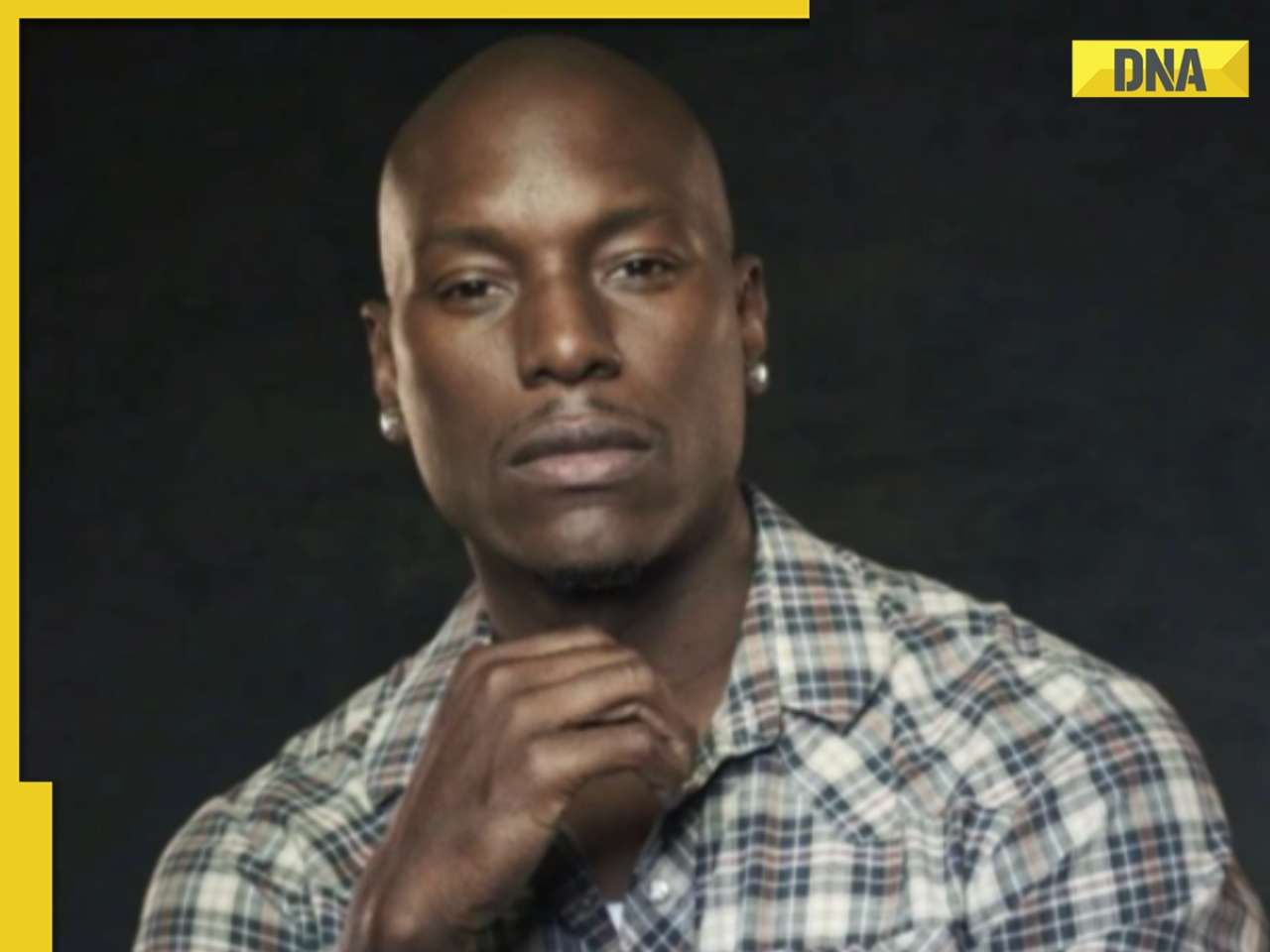







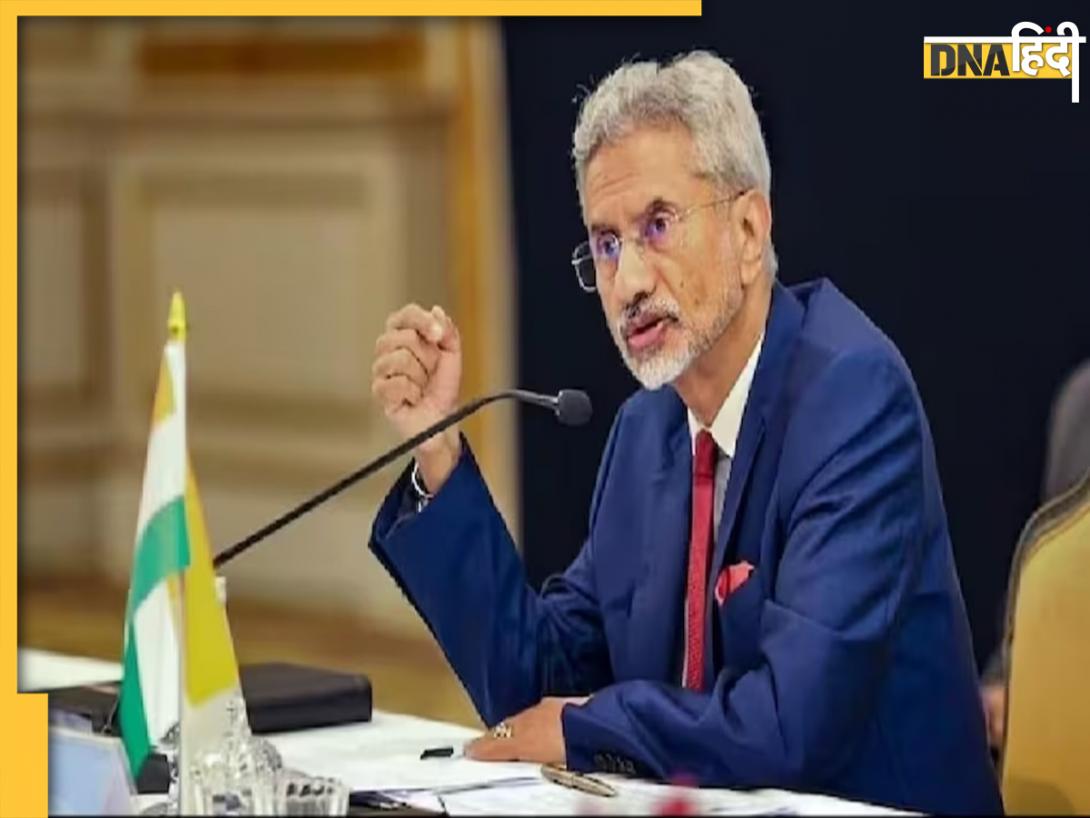

















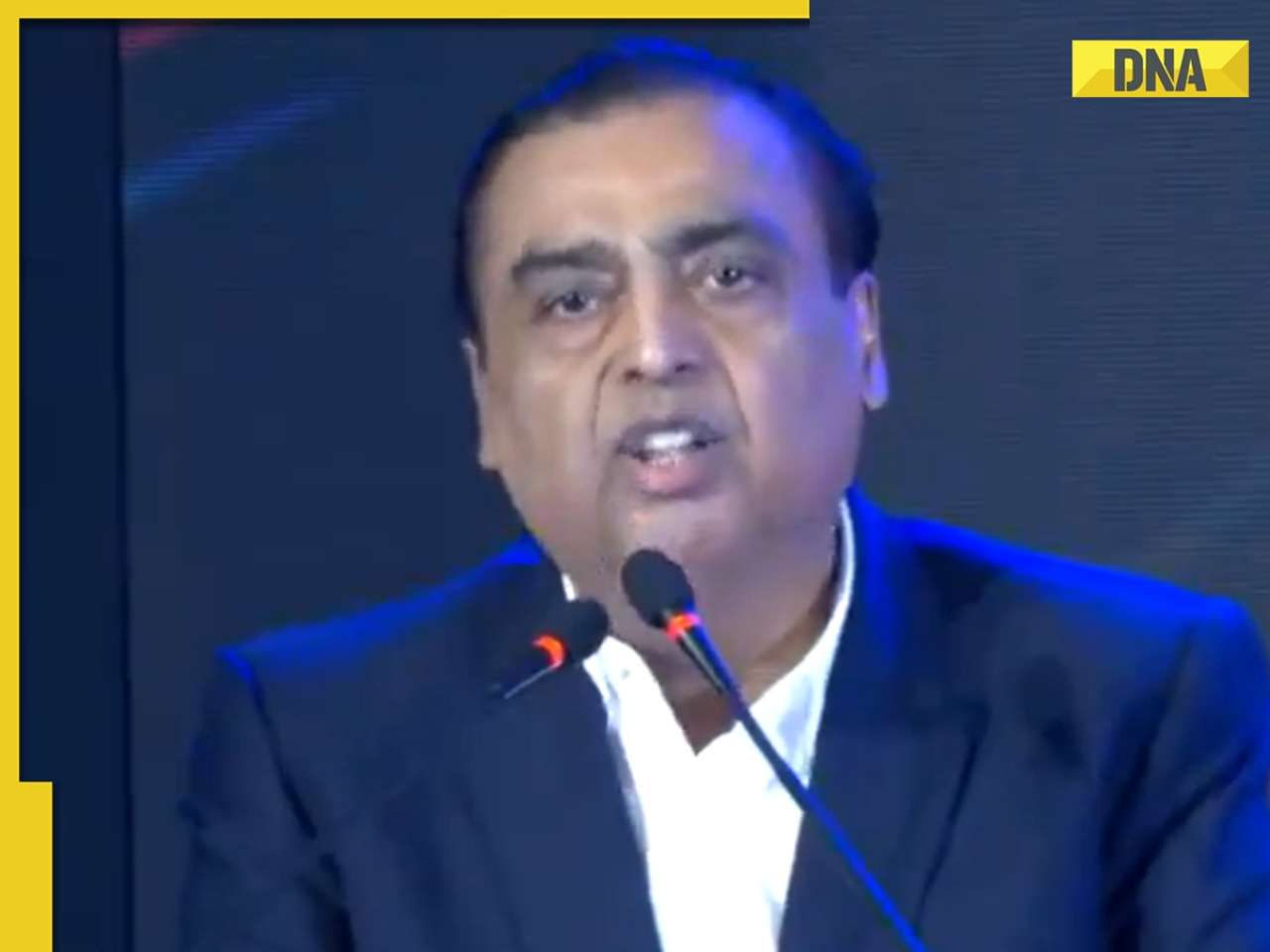

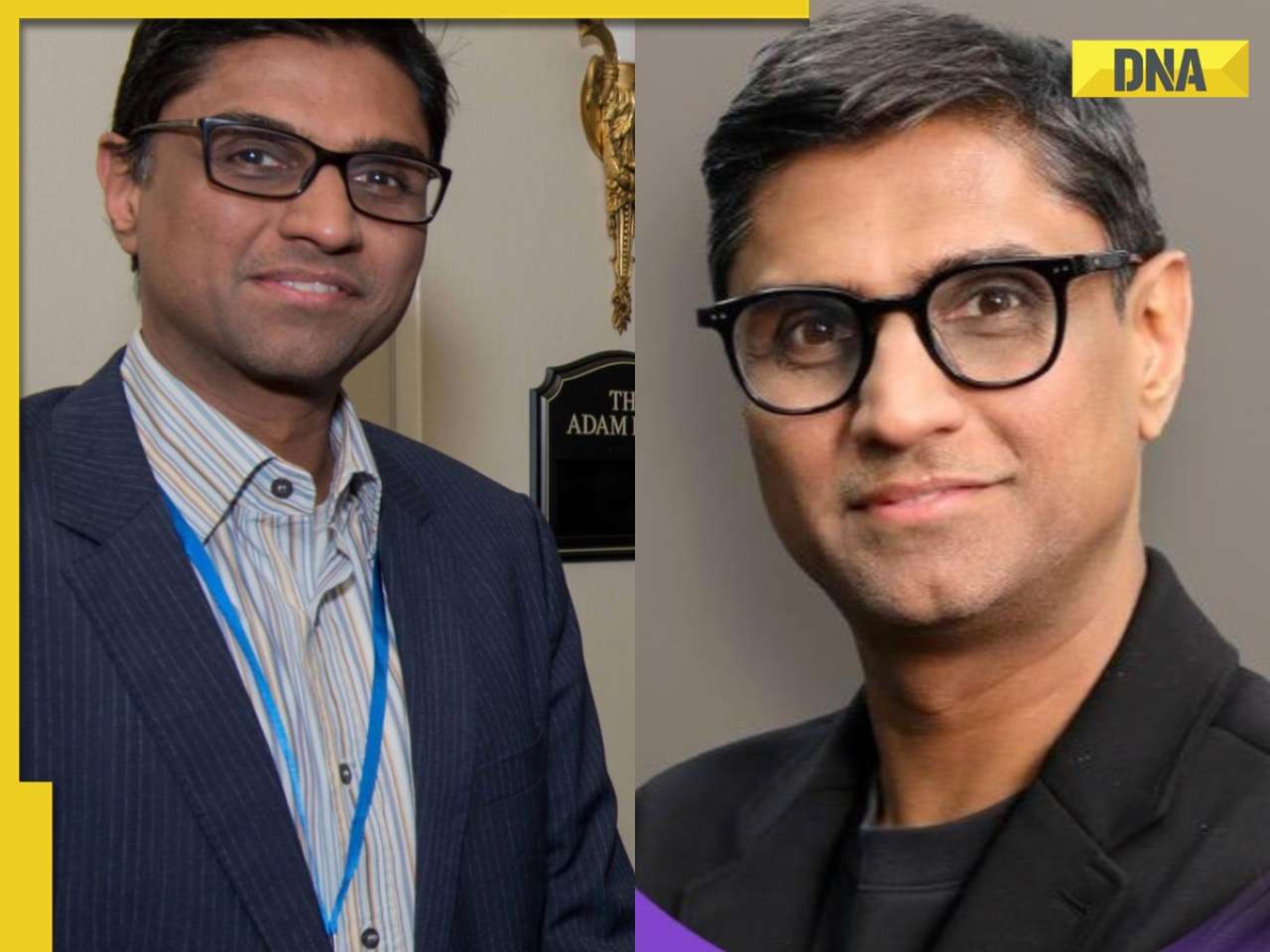
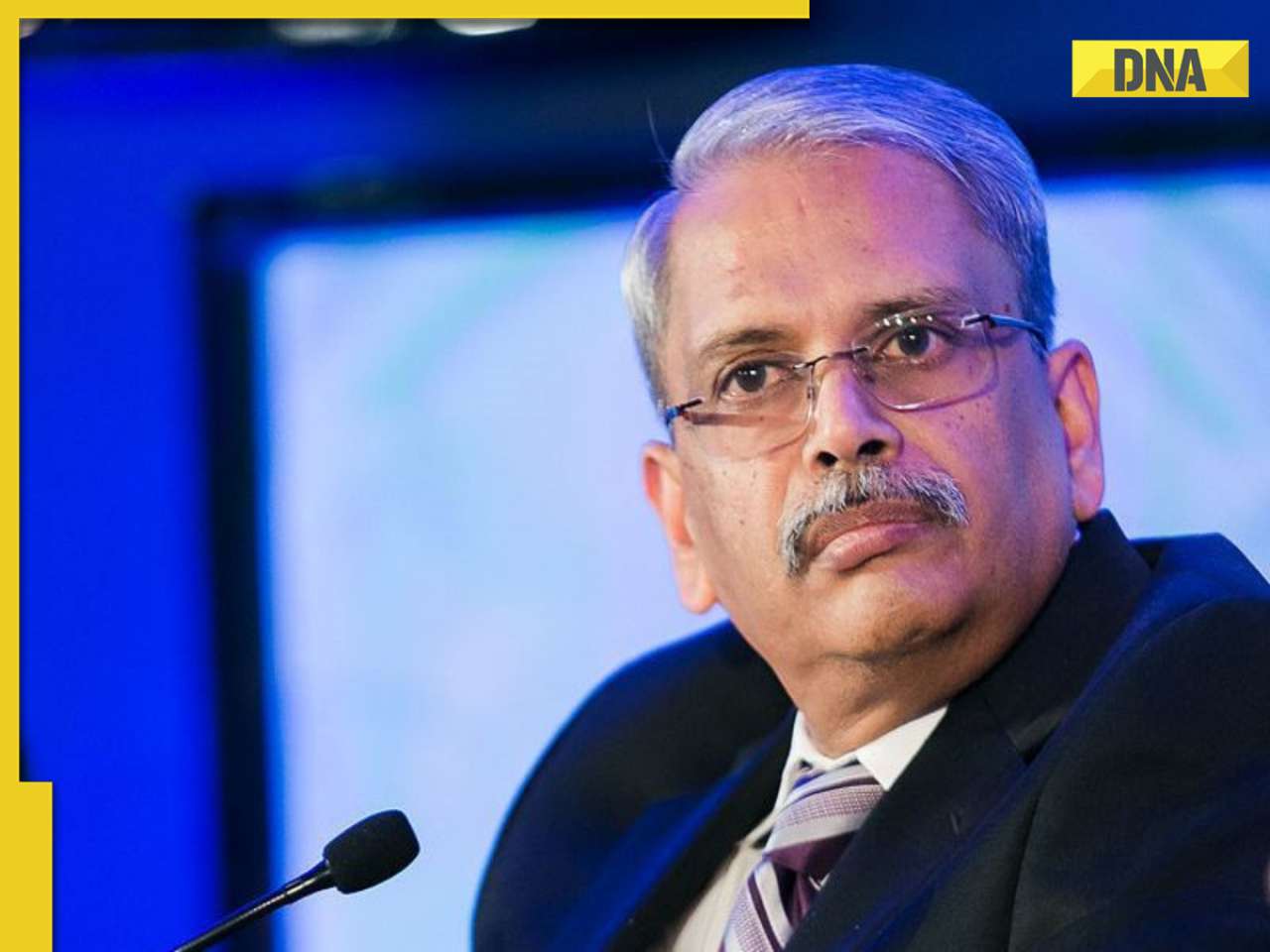





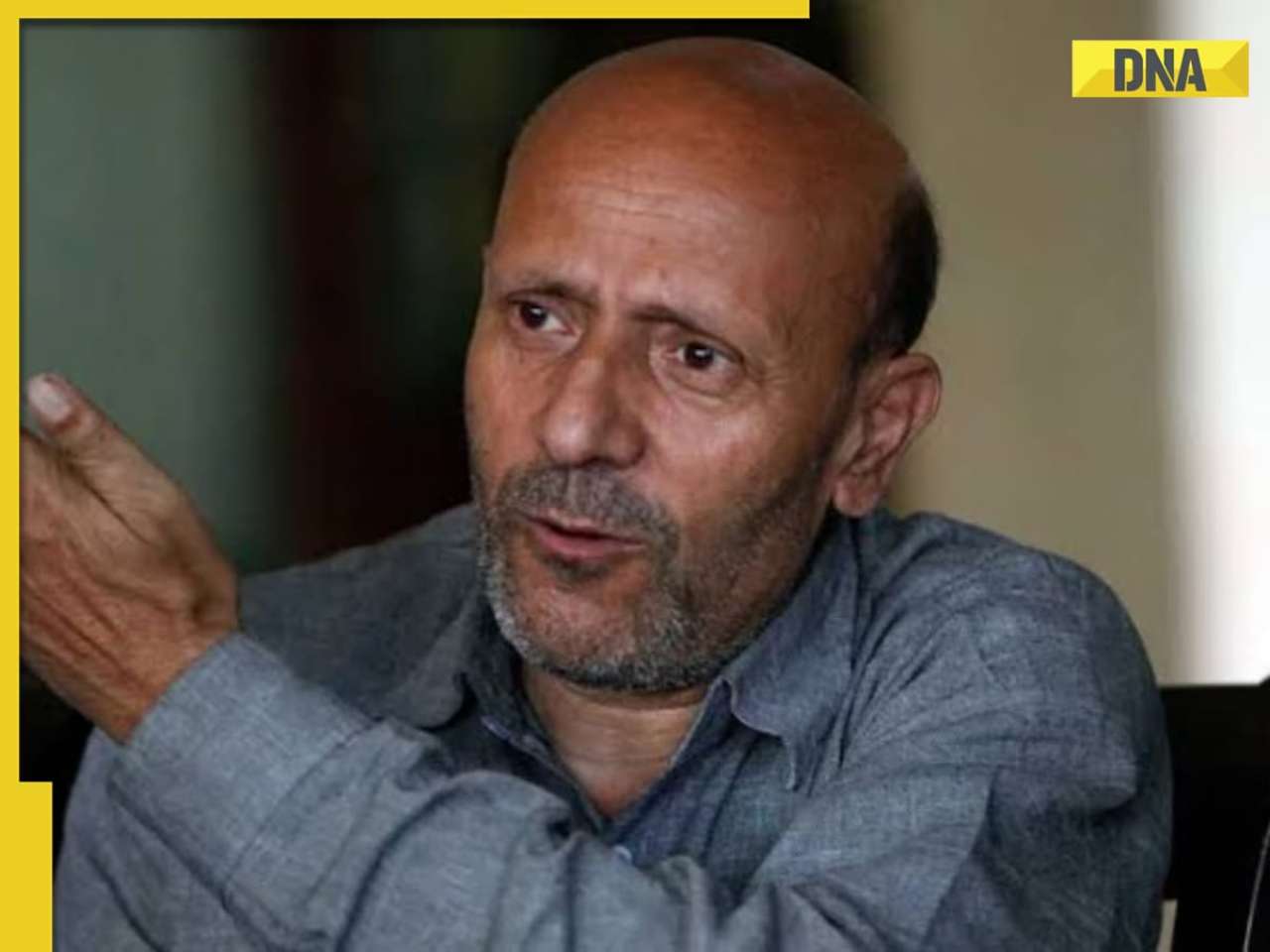

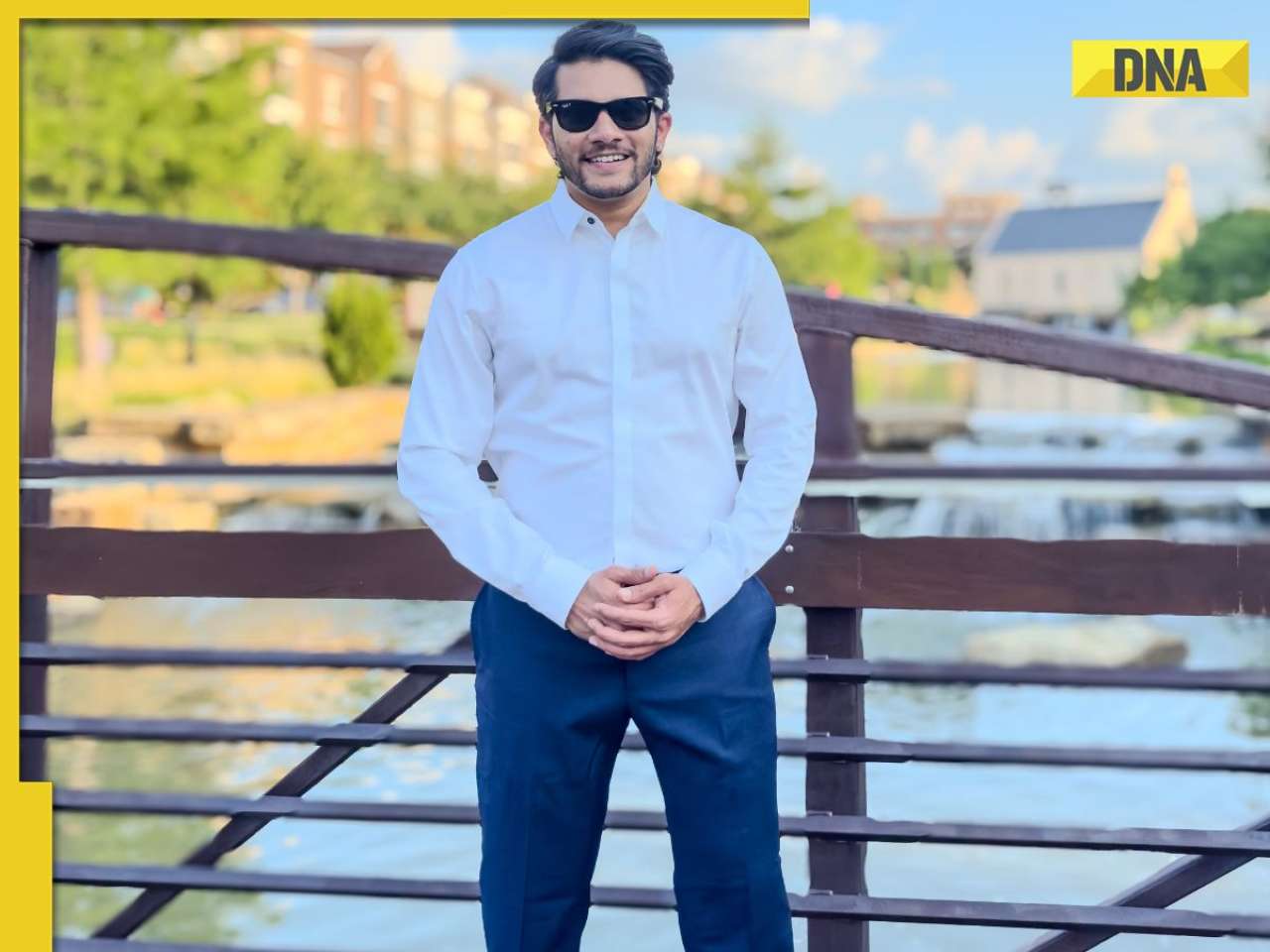


)
)
)
)
)
)
)
)
)
)
)
)
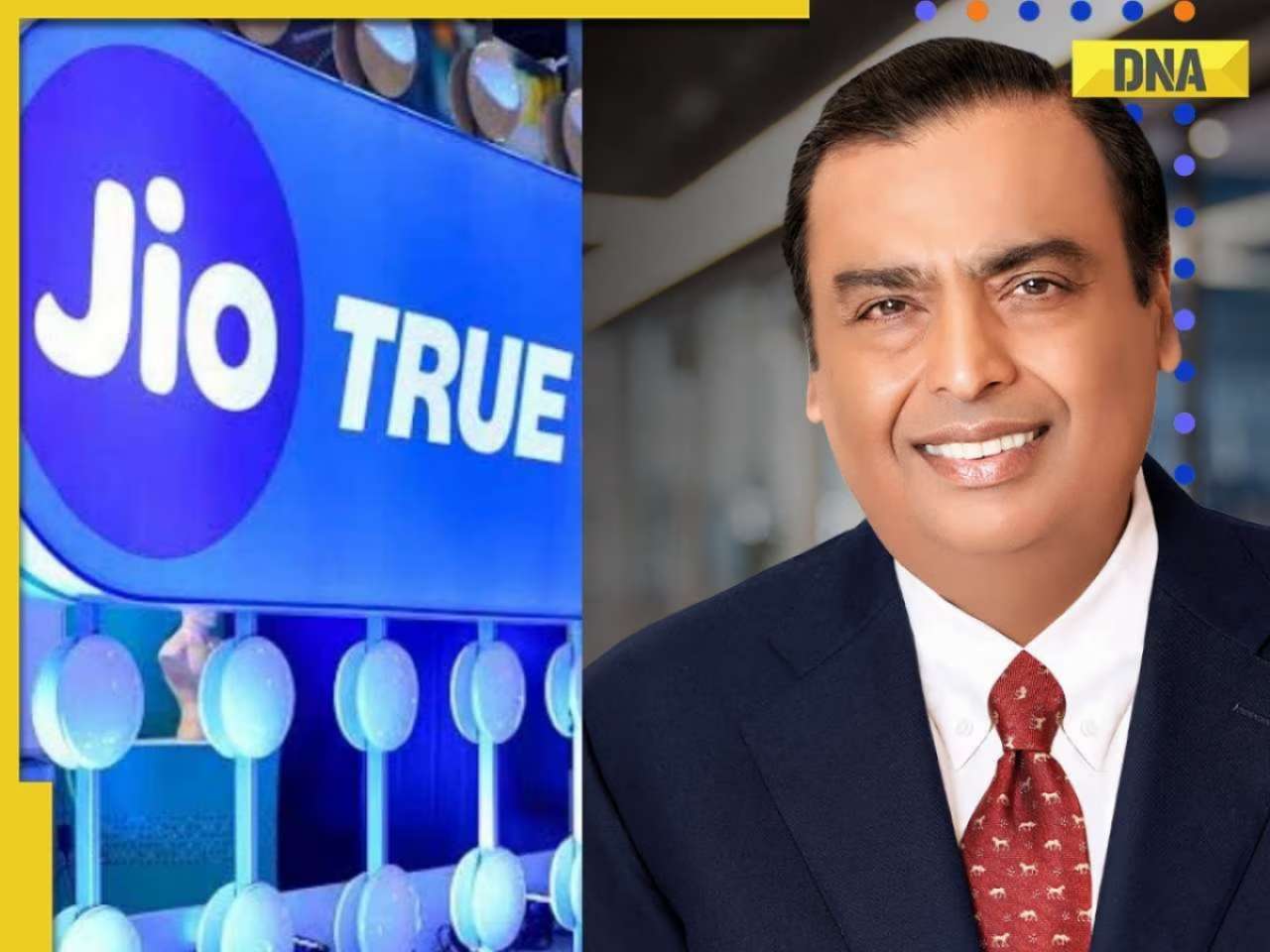)
)
)





)
)
)
)
)
)